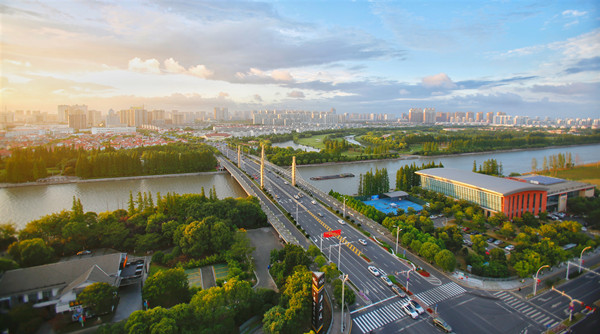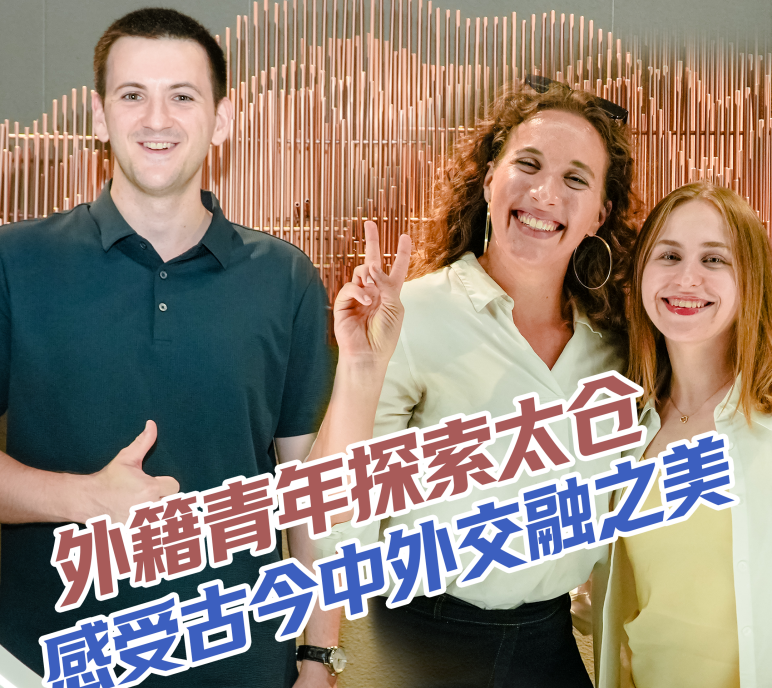Provincial ICH-Chinese Valentine’s Day in Taicang
Located near the Yangtze River and Shanghai in the southeastern region of Jiangsu province, Taicang has been an agricultural city since ancient times and boasts a long history of farming paddy rice and cotton. The city’s farming culture leaves its imprint on many folk customs, especially Chinese Valentine’s Day, which has a unique tie to the city.
Every year, locals turn out in droves for a temple fair the city hosts to mark the holiday. Taicang’s version of Chinese Valentine’s Day is distinguished by three features:
First, it is rooted in a historical legend. According to the Record of the Central State Wu, written by Gong Mingzhi of Southern Song Dynasty, Huanggu village in Taicang was allegedly the birthplace where the Cowherd and Weaving Maid, central figures to the holiday’s mythology.
At one point in history, Huanggu’s villagers constructed a temple with statues for the two. Later, the statue of the Cowherd was moved to Jiading. And the temple became a shrine for the Weaving Maid alone.
Ming dynasty writer Zhang Cai recorded the reason for the move in the Annals of Taicang Prefecture: “The Temple of the Weaving Maid was in Huanggu village. It is exactly where the Cowherd and the Weaving Maid came down to the world…. There were lots of wars during the period of Emperor Jianyan, so many scholars and bureaucrats escaped to Donggang. A scholar inscribed a poem on the walls of the temple when passing by. In the poem, he questioned whether it was appropriate to have these two lovers together at all times when legend states that they only meet one day in a year. After they heard his poem, the villagers then moved the statue of the Cowherd out.
The second distinctive characteristic of Taicang’s traditions is that the city has relics that provide a window into the history of folk customs. Though the temple was destroyed many times, local people raised funds to reconstruct it time and again. The temple is still around today, showing the determination of locals to keep the traditions alive.
Third, there is a set of traditional activities on this day. Relying on the Temple of the Weaving Maid, a temple fair is held on July 7 of every lunar year. This folk custom has lasted to this day. .
Villagers in Taicang hold a special ceremonial rite each year consisting of five parts: opening, a vegan feast, a sacrifice, chanting of scripture, and food delivering. Other customs included worshipping the two stars (the Vega and the Altair, the Weaving Girl and the Cowherd are believed to be these two stars respectively), watching stars and clouds, eating nuts and orchid beans and painting fingernails red. Nowadays, the temple fair has become the major event on this day.
Taicang’s special traditions for Chinese Valentine’s Day have been passed on for more than 1,000 years and remain popular among the people because they have positive social values as well as rich historical and cultural content. The holiday is a celebration of labor, advocates pure and selfless love, and pays tribute to the goodness of women, who were an unequal group in ancient China. Thanks to the celebrations marking Chinese Valentine’s Day, many traditional customs and beliefs are retained and carried on.









